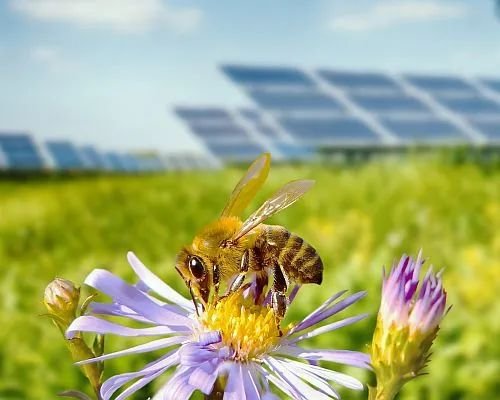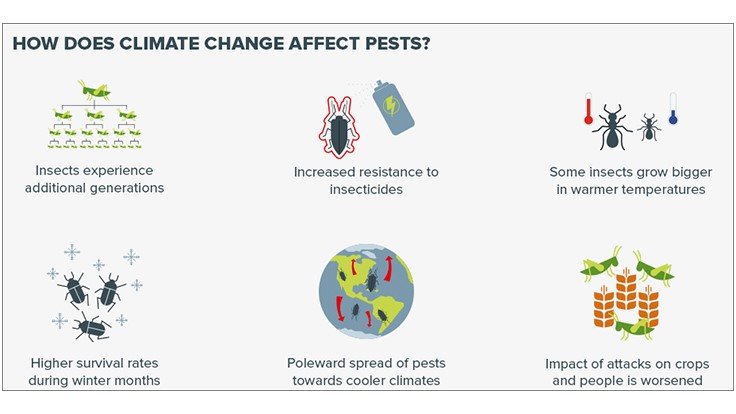It is haunting to learn that population of insects like grasshopper, bumblebee, ant and many other species are declining day by day, hour by hour. Many people are terrified of them. They are often referred to as “creepy crawlies” or “bugs”; unpleasant, scuttling, dirty creatures, living in filth and spreading disease.

In last 50 years almost 75% of insects and birds have disappeared and that pace is increasing due to climate change.
The scientific evidence for this grows stronger every year, as studies are published describing the collapse of monarch butterfly populations in North America, the demise of woodland and grassland insects in Germany or the disappearing of sparrows in India.
Few people seem to realize how devastating this is, not only for human well-being – we need them to pollinate our crops, recycle dung, leaves and corpses, keep the soil healthy, control pests, and much more – but for larger animals, such as birds, fish and frogs, which rely on insects for food. Wildflowers rely on them for pollination.

Insects make up the bulk of known species on our planet – ants alone outnumber humans by a million to one –given their diversity and abundance, it is inevitable that they are intimately involved in all terrestrial and freshwater food chains and food webs.
Aside from their role as food, insects perform a plethora of other vital services in ecosystems. For example, 87% of all plant species require animal pollination, most of it delivered by insects.
Our planet has coped remarkably well so far with the blizzard of changes we have wrought, but we would be foolish to assume that it will continue to do so.

No one can predict how much resilience is left in our depleted ecosystems, or how close we are to tipping points beyond which collapse becomes inevitable but one thing is clear as insects become more scarce, our world will slowly grind to a halt, for it cannot function without them.
Reference- National Geographic, The Guardian, World Wildlife Fund Report, BBC Earth, Discovery Channel






